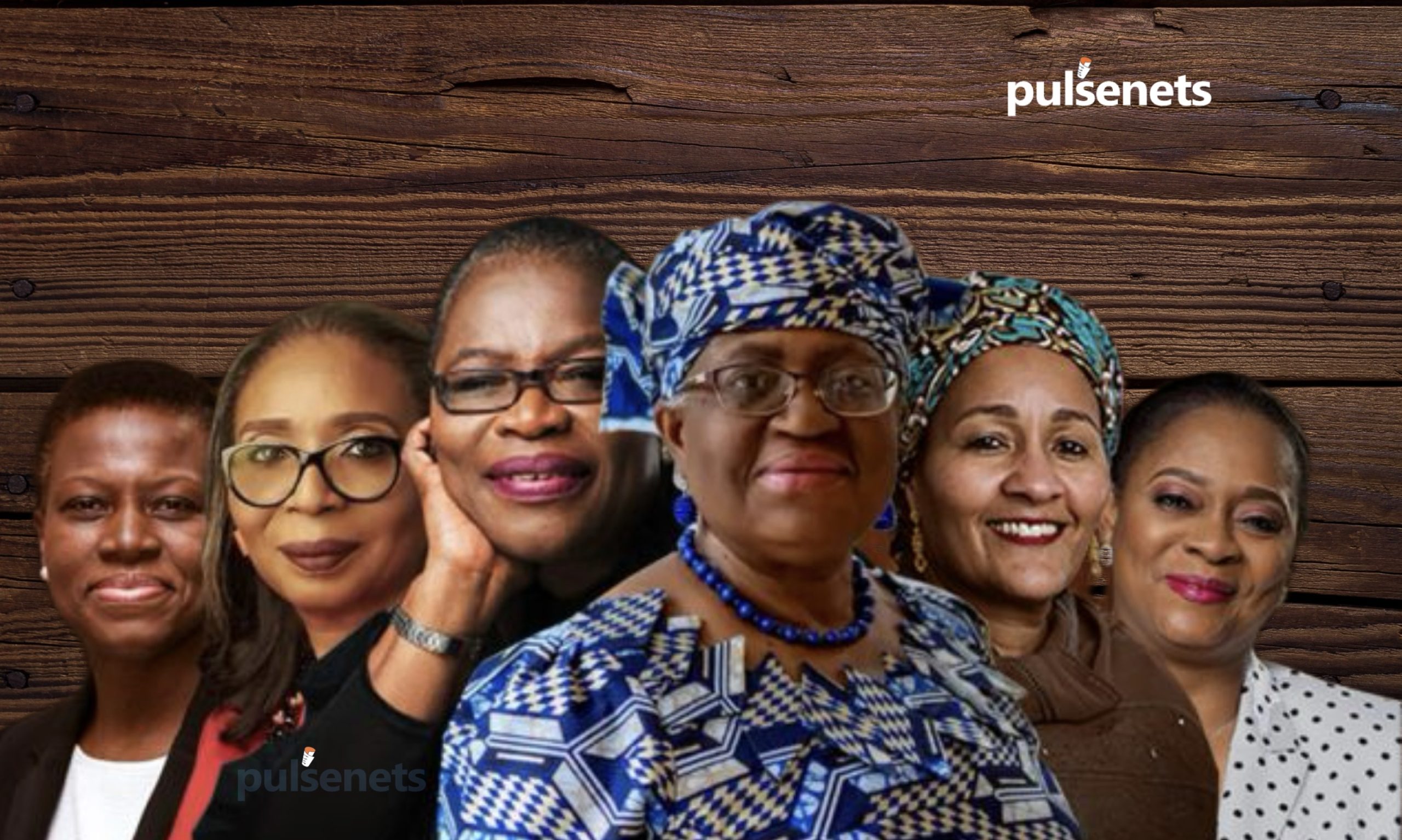NILDS: Women have held below 7% of elective, appointive positions in Nigeria since 1999
NILDS: Since 1999, women in Nigeria have held less than 7% of elected and appointive offices
The National Institute for Legislative and Democratic Studies (NILDS), says women have made up less than seven percent of elective and appointive positions in Nigeria since 1999.
The institute said the development was worrisome despite the 35 per cent affirmative action.
The NILDS Director-General, Abubakar Suleiman, said this in Abuja on Wednesday at a Train the Trainer Workshop for NILDS Staff on Gender Mainstreaming.
The workshop was facilitated by UN Women, in partnership with NILDS.
He said the workshop was designed to equip the staff of the institute with the necessary tools and competencies to mainstream gender into policies, programmes, and budgeting.
According to him, the workshop is expected to train NILDS Staff to improve their institutional capacity in gender policy analysis and equip them with knowledge of gender mainstreaming principles and methodologies.
This, he said, would help integrate gender perspectives into NILDS policies, programmes, and activities and result in more inclusive and gender-responsive initiatives.
“It is indeed worrisome that despite the extant legal framework that recommends 35 percent affirmative action of women participation, available data reveals that on the average, women participation and representation in governance since the advent of democratic rule in 1999 is less than seven per cent.”
The DG said the challenge facing all advocates of gender inclusivity in politics today was the wide gap between shared values reflected in the national and international policies and practices.
“Despite concerted efforts made by government, NGOs, donor agencies and international partners towards ensuring increased participation and representation of women in politics and governance, there remains a continuous decline in women’s representation and participation in politics and governance.
“I am optimistic that NILDS is strategically positioned in ensuring that women secure wider participation in governance by guiding policymakers to be able to make informed and evidence-based policies to enhance gender participation in governance in Nigeria.”
Mr Suleiman, however, said that there was a need to upscale the staff skills and competencies to effectively achieve the objective.
He commended NILDS partner, the United Nations Entity for Gender Equality and the Empowerment of Women (UN Women), for also considering it a priority and a point of collaboration to put the workshop together despite limited resources.
“Let me also seize this opportunity to once again reaffirm our commitment to our partnership and our collective drive to strengthen the legislature and other democratic institutions in Nigeria.
“Women and men have different needs and living conditions and circumstances, including unequal access to and control over power, resources, human rights and institutions, including the justice system.
“The situations of women and men also differ according to country, region, age, ethnic or social origin, or other factors.
“The aim of gender mainstreaming is to take into account these differences when designing, implementing and evaluating policies, programmes and projects so that they benefit both women and men and do not increase inequality but enhance gender equality.
“Gender mainstreaming aims to solve sometimes hidden- gender inequalities; it is therefore a tool for achieving gender equality.”
Also Read: Akwa Ibom State First Lady urges wives of council chairmen to facilitate cervical cancer Vaccination
Mr Suleiman, a former minister of National Planning, said the institute had been a frontline vanguard in advocating for gender mainstreaming on all fronts of political, social and economic policies and legislations.
According to him, the fight for gender equality is not only an individual matter but requires the determination and commitment of decision-makers, and state institutions in creating policies for the reconciliation of different roles men and women play in society.
(NAN)













